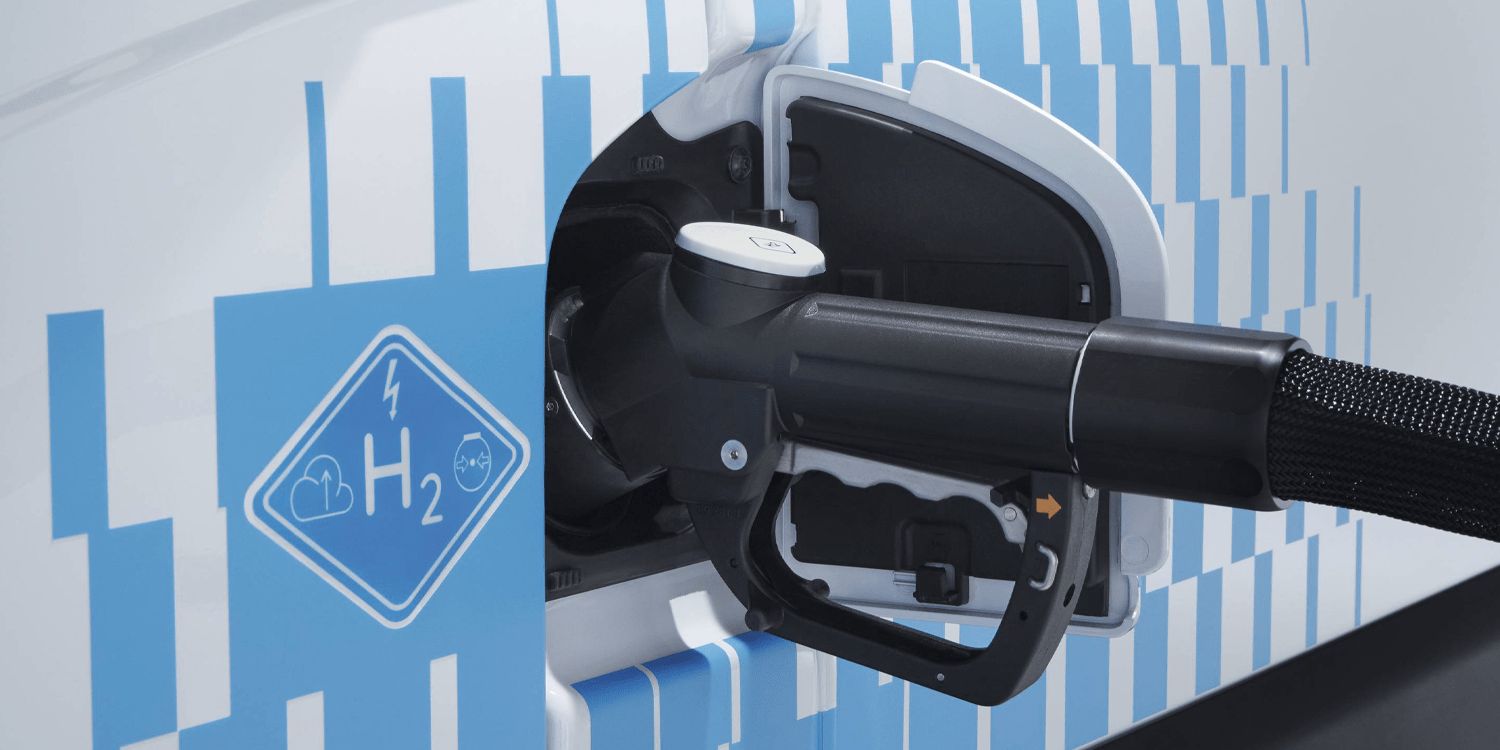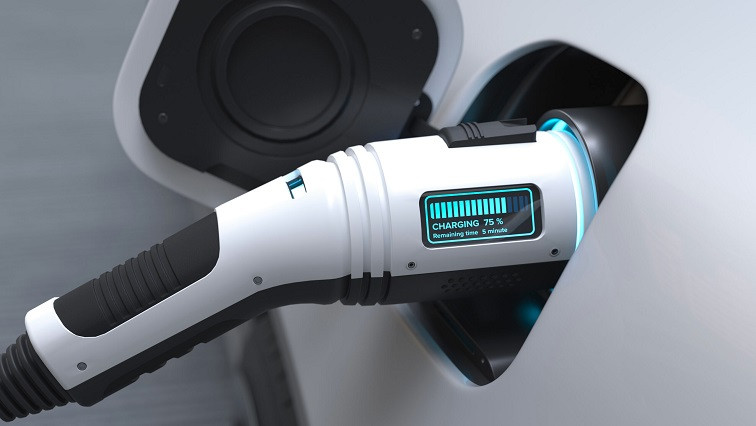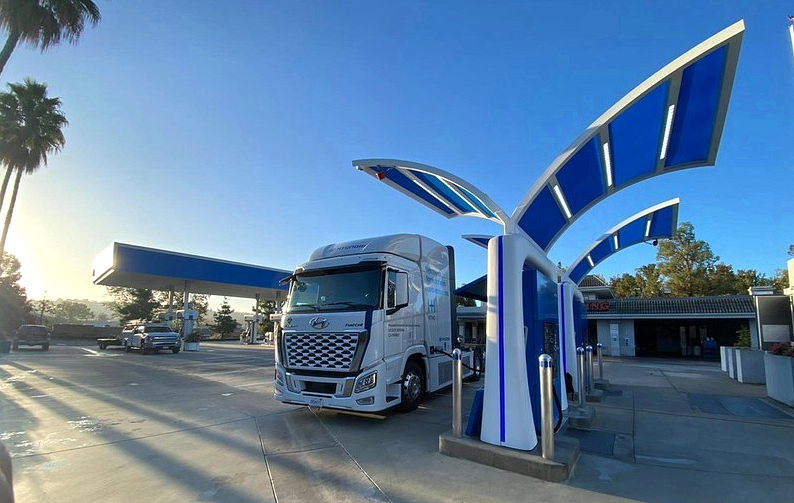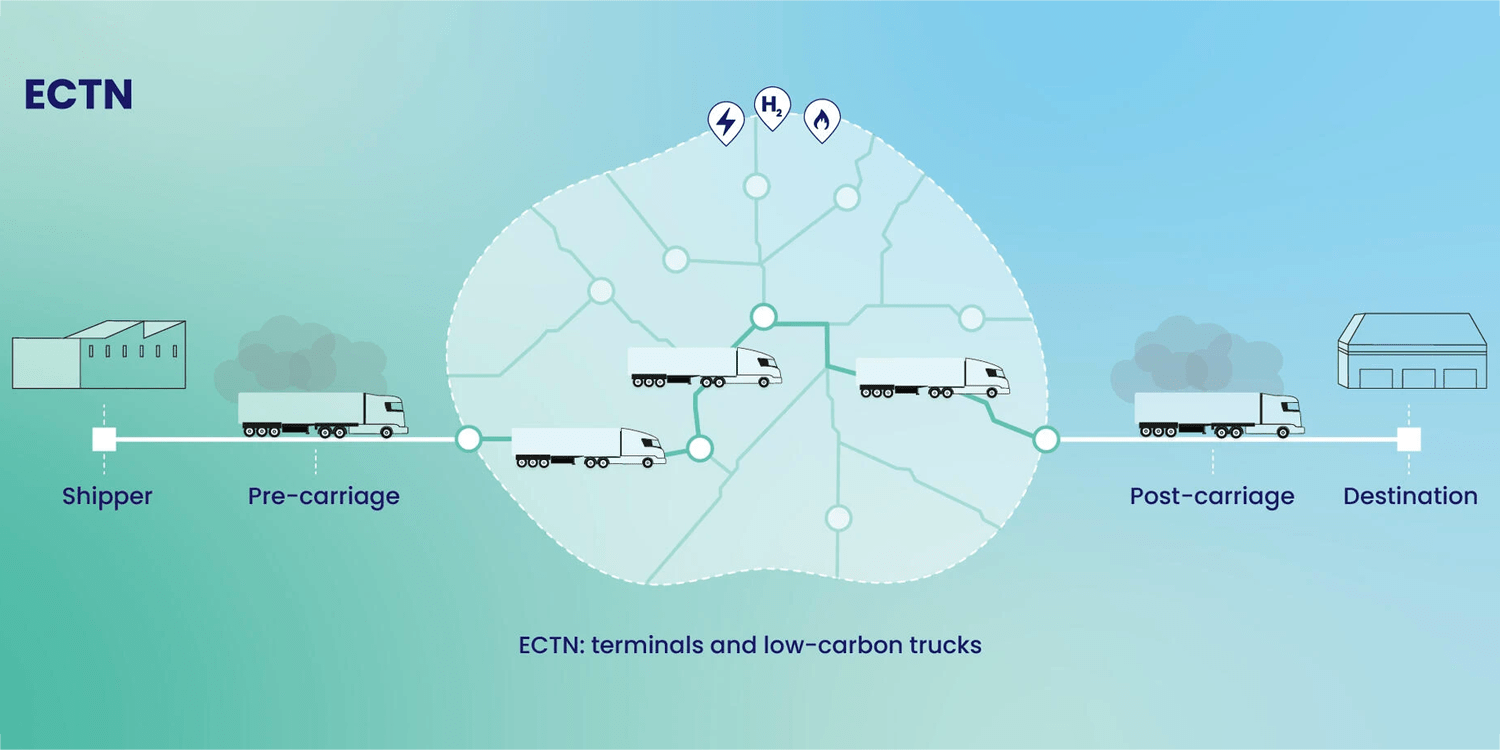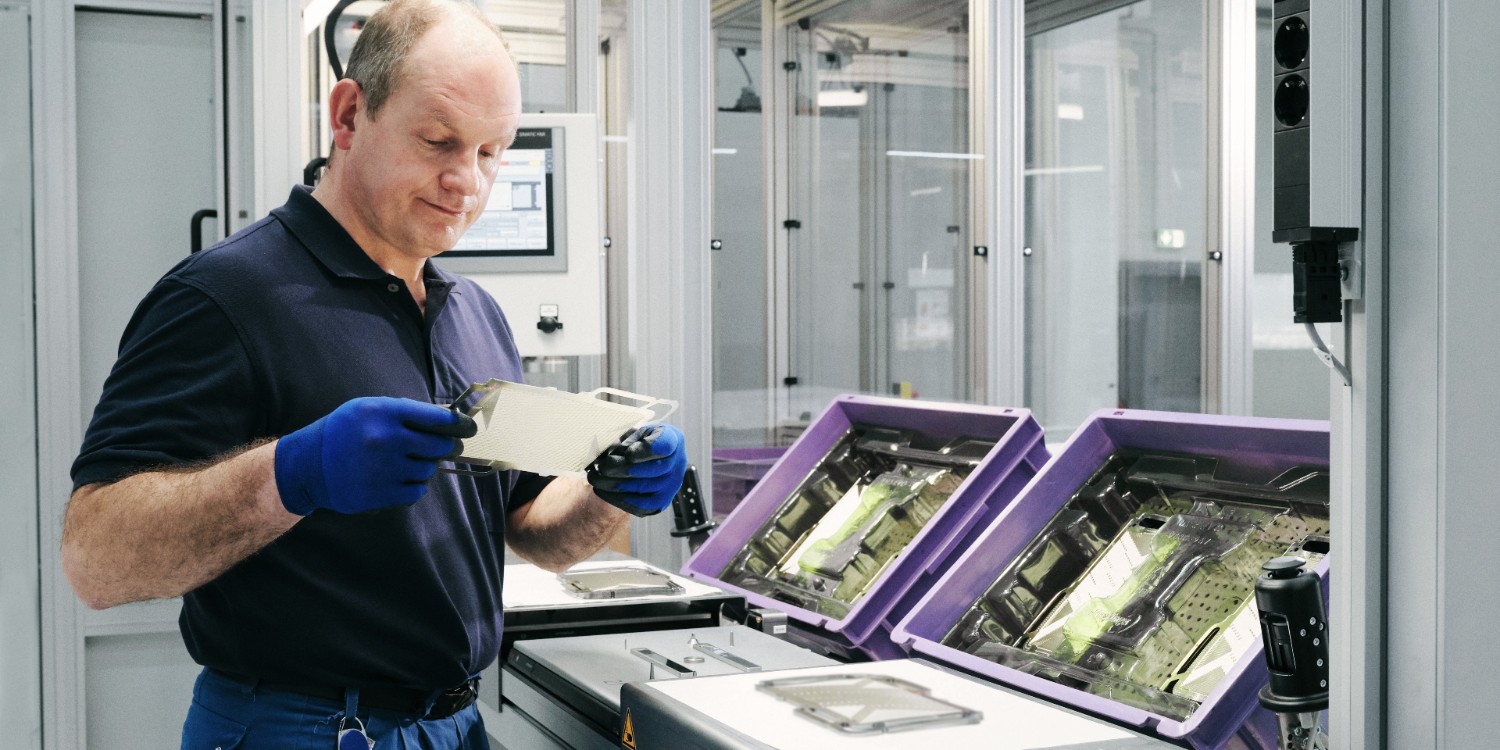The Biden-Harris Administration has announced a major funding initiative to reduce the cost of clean hydrogen. The $750 million made available through the U.S. Department of Energy’s (DOE) first phase of the $1.5 billion plan aims to advance electrolysis technologies, improve manufacturing and recycling capabilities, and accelerate the widespread use of clean hydrogen.
Clean hydrogen produced with net-zero carbon emissions is a crucial component of the emerging clean energy economy and a key pillar in reaching President Biden’s goal of a 100% clean electrical grid by 2035 and net-zero carbon emissions by 2050. The funding will support research, development, and demonstration efforts to achieve commercial-scale hydrogen deployment this decade, reduce emissions from energy-intensive sectors, and offer flexibility for all types of clean power generation.
See also: Biden-Harris Launch $2.5B Program to Expand EV Charging and Alternative Fuel Infrastructure
Projects funded through this initiative will address technical barriers to cost reduction and ensure long-term viability of commercial-scale deployments with lower-cost, higher-performing technology. Reaching cost reduction goals will create more clean energy jobs, reduce harmful greenhouse gas emissions, and strengthen America’s long-term competitiveness in the global clean energy market.
The initiative is part of the Bipartisan Infrastructure Law, which authorizes $1 billion for research, development, demonstration, and deployment activities to reduce the cost of clean hydrogen produced via electrolysis, and $500 million for research, development, and demonstration of improved processes and technologies for manufacturing and recycling clean hydrogen systems and materials.
Managed by DOE’s Hydrogen and Fuel Cell Technologies Office (HFTO), the initiative will grant financial assistance awards to applicant teams comprising stakeholders within academia, industry, and national laboratories across multiple technical disciplines. Teams are also encouraged to include representation from diverse entities such as minority-serving institutions, labor unions, tribal nations, community colleges, and other entities connected through Opportunity Zones.
See also: Canoo Awarded Contract by Defense Innovation Unit for Battery Module Supply
The application process involves two phases: a Concept Paper phase due on April 19, 2023, and a Full Application phase due on July 19, 2023. DOE’s National Clean Hydrogen Strategy and Roadmap and President Biden’s Justice40 Initiative serve as important pillars driving the energy justice efforts by HFTO and the Hydrogen Program.
By enabling a sustainable clean hydrogen economy, these investments will help reduce harmful emissions in communities across the country, benefiting disadvantaged communities that have suffered disproportionately from local air pollution for far too long.

